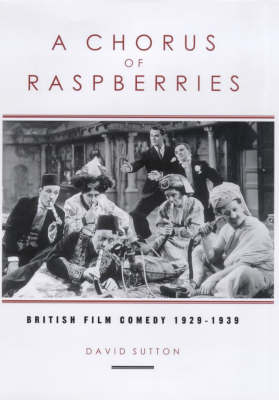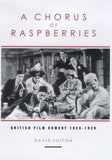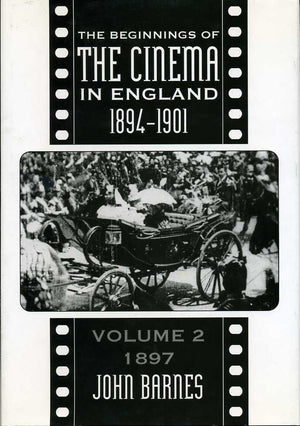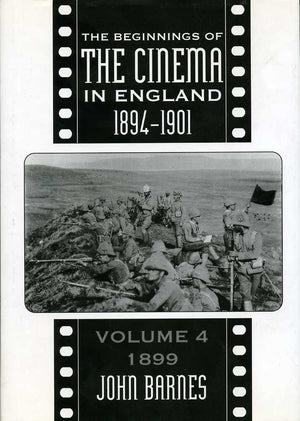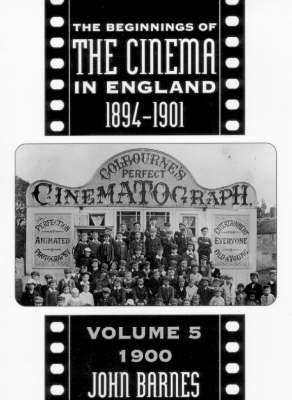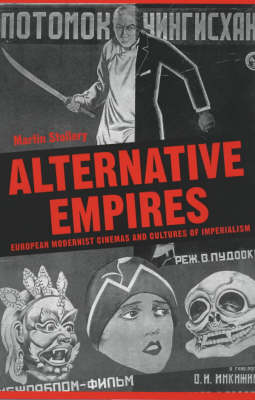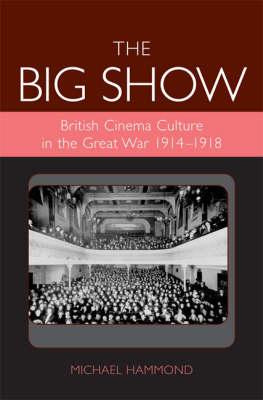University of Exeter Press
A Chorus Of Raspberries
British Film Comedy 1929-1939
Couldn't load pickup availability
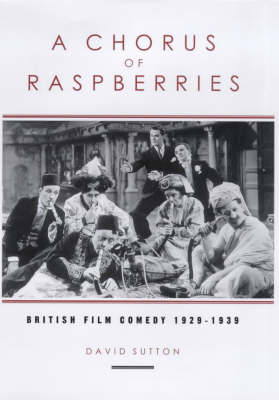
- 303 Pages
A Chorus of Raspberries is the first full-length academic study of one of the most popular, profitable and persistent genres in British cinema. It redraws the map of British film history by arguing that comedy was the most successful, and perhaps the most important, genre of the 1930s, and that the very qualities which ensured the comedy film's low status are also its particular strengths. In the process it uncovers a whole tradition of popular cinema which criticism has relegated to the sidelines of history.
The book looks in detail at the work of a number of key stars, including George Formby, Gracie Fields, The Crazy Gang, Cicely Courtneidge and Ernie Lotinga, revealing the wide range of comic styles and meanings they produced in seemingly formulaic films. It unearths a host of previously forgotten but notable films, and an important tradition in British popular culture, tracing the roots of the genre to its music-hall beginnings.
Includes George Formby, Gracie Fields, The Crazy Gang First full-length study of the subject Will appeal to those studying popular culture and film history Market: Scholars and students of film studies, popular culture, media studies, especially those taking courses on British cinema. Academic libraries. The general reader with an interest in twentieth-century popular culture and British cinema.
This is the first full-length study of one of the most popular, profitable and persistent genres in British cinema. It redraws the map of British film history by arguing that comedy was the most successful, and important, genre of the 1930s, and that the very qualities which ensured the comedy film's low status are also its particular strengths.
It is only recently that the film comedies have come into focus. And this book is the most thorough investigation into the matter, concentrating on an period of growth for the British film industry in which, as David Sutton convincingly argues, British film comedy reached its maturity.
Film & History. An Interdisciplinary Journal of Film and Television Studies, Vol 32.1
The study is lively, well informed and thoughtful, and does not fall into the trap of some critical treatments of comedy which, in their drive for analytical rigour, fail to appreciate the humour in their subject. The best compliment that can be paid to a work of excavation is that it instills in the reader an urgent desire to experience the films.
Scope: An Online Journal of Film Studies
Sensible, thoughtful and wide-ranging . . . This book is essential reading for anyone interested in the 1930s in particular, and British film comedy in general.
Journal of Popular British Cinema, Vol. 4
One of the most useful recent theoretical discussions of comedy.
Screening the Past
List of Illustrations
Acknowledgements
Introduction
1. British Film Comedy/British Film Culture
2. Theorizing British Comedy
3. Good Old Days: Music-Hall Roots and Early Film Comedy
4. British Film Comedy in the 1930's
5. Working-Class Comedy
6. Middle-Class Comedy
7. Female Comedy
8. Situation Comedy
Conclusion
Notes
Filmography
Bibliography
Index







